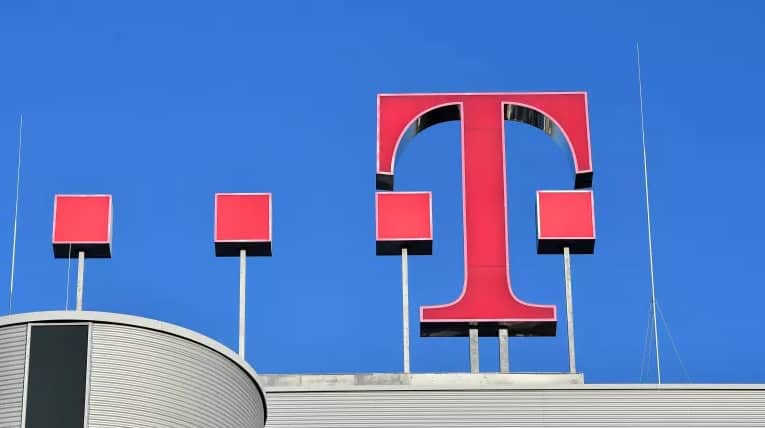
That is not dead which can eternal lie, though it’s only taken a few months for T-Mobile and Sprint to dust themselves off and renew their plans for a major merger, per a Friday report in CNBC.
The two companies called off prior plans for a merger in November 2017 amid an inability to reach a consensus and concerns that regulators would reject the merger, which could create even less competition with mobile giants Verizon and A&T. Now, according to sources interviewed by CNBC, T-Mobile is closing on a deal to acquire Sprint at a value of $6.50 per share or $26 billion in total, with T-Mobile CEO John Legere slated to run the combined company.
SoftBank, Sprint’s owner, will allow T-Mobile’s owner Deutsche Telekom “to consolidate the company’s earnings,” CNBC added, and is now happy with taking a smaller stake in the combined company than its competitor:
A deal, if reached, would conclude several years of negotiations between the companies. Talks most recently broke off late last year after SoftBank CEO Masayoshi Son decided he didn’t want to lose control of a combined company. Deutsche Telekom will own more than 40 percent of the new company, with SoftBank’s ownership just below 30 percent.
Several things changed over the last few months that led Son to change his mind, including greater synergies from lower corporate taxes, an increased understanding of how much 5G deployment will cost Sprint, and a rapidly changing competitive wireless landscape that now includes cable providers, the people said.
The report mentions the deal could be inked as soon as Sunday, but unfinalized deals like this can lose momentum quickly.
There’s numerous reasons for consumers to be wary of such a merger, but the simple version is this: Both T-Mobile and Sprint have competed against Verizon and AT&T by offering things they didn’t, like reasonable unlimited data plans and fewer hidden fees or credit checks. If they become one big carrier, they’ll face a more level playing field with the other companies and thus might feel less obliged to play nice with customers. That means they might be able to get away with higher fees for worse service, for example, or impose onerous contractual terms—and if T-Mobile and Sprint merge, it would be very difficult to introduce more competition to the market.
Sprint has extensive 5G holdings which have positioned it well for the future, but it might not get there without a merger, because it’s hemorrhaging cash. As CNBC noted, it’s also feeling the pain from decreased stock prices after months of merger rumors inflated its stock prices, and “approximately $6.50-per-share price for Sprint is lower than what Sprint nearly accepted last year, one of the people said.”
Of course, regulators could always intervene and say no to the buyout, though it’s ultimately unclear if that will happen. The Department of Justice surprisingly bucked the White House’s generally pro-big business slant to launch antitrust intervention against AT&T’s planned acquisition of Time Warner, though it was ultimately unclear whether Donald Trump ordered the move in retaliation for bad coverage by Time Warner subsidiary CNN. The DOJ and the Federal Communications Commission intervened against AT&T’s planned buyout of T-Mobile in 2011.
On the other hand, the FCC is now led by telecom flack Ajit Pai, who issued a report last year claiming there is a “fiercely competitive marketplace” on mobile, despite the largest four companies controlling around 99 percent of the market. The report’s findings could help clear the way for a successful deal.

